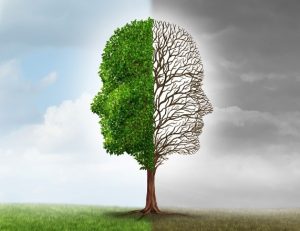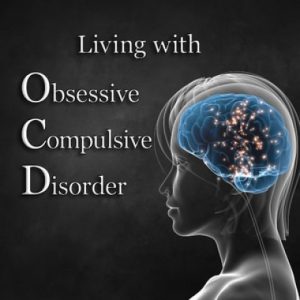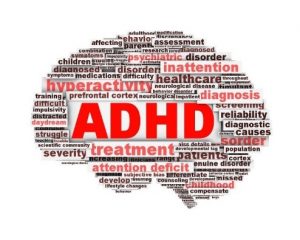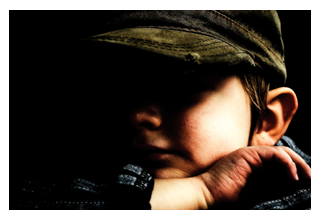Bipolar disorder is a type of mood disorder. This specific mood disorder can strike at any given time or place. Symptoms of Bipolar disorder are elevated mood, erratic thoughts and behaviors, depression, and/or suicidal thoughts. These moods are not a result of anything particular happening in one’s life, which is why it is very important to seek treatment for bipolar disorder. There are counselors and psychiatrist that can provide you with information, treatment, and support. There are different forms of therapy that might motivate or positively influence you. Some forms of therapy are cognitive behavioral theory, equine therapy, dialectical behavioral therapy, electroconvulsive therapy (ECT) and/or psychotherapy. What works for one person might not give the same results for everyone, which is why it is important to find what best suits you. There are many things you can do yourself to better accommodate your lifestyle and this specific mood disorder. By simply taking ones’ medication, exercising, and making healthier eating choices you can make positive steps towards your life and day to day activities. Maintaining a schedule, in which you plan to exercise for a certain amount of time, and eat at specific times can also be helpful. Rest your body and your mind, take time to relax yourself before bed. Build relationships and trust with family, friends, and/or community leaders. Do not be afraid to give support and ask for it in return. Be persistent and patient, have faith in the steps to a better lifestyle and management of this disorder.
By Shemea Lewis








